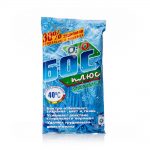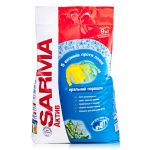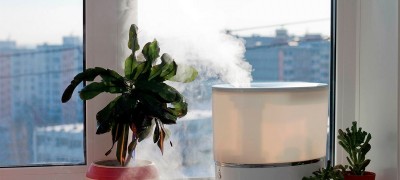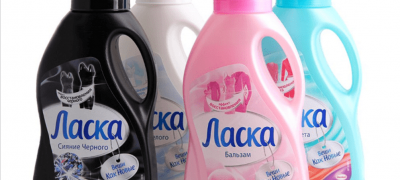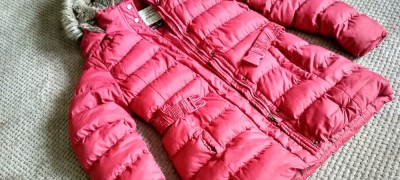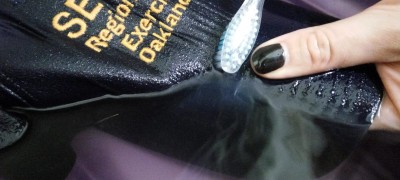How to whiten a white shirt at home
In any wardrobe you can find a white thing, so often we are faced with the question of how to whiten a shirt. In this case, it is worth trying both folk and chemical remedies.
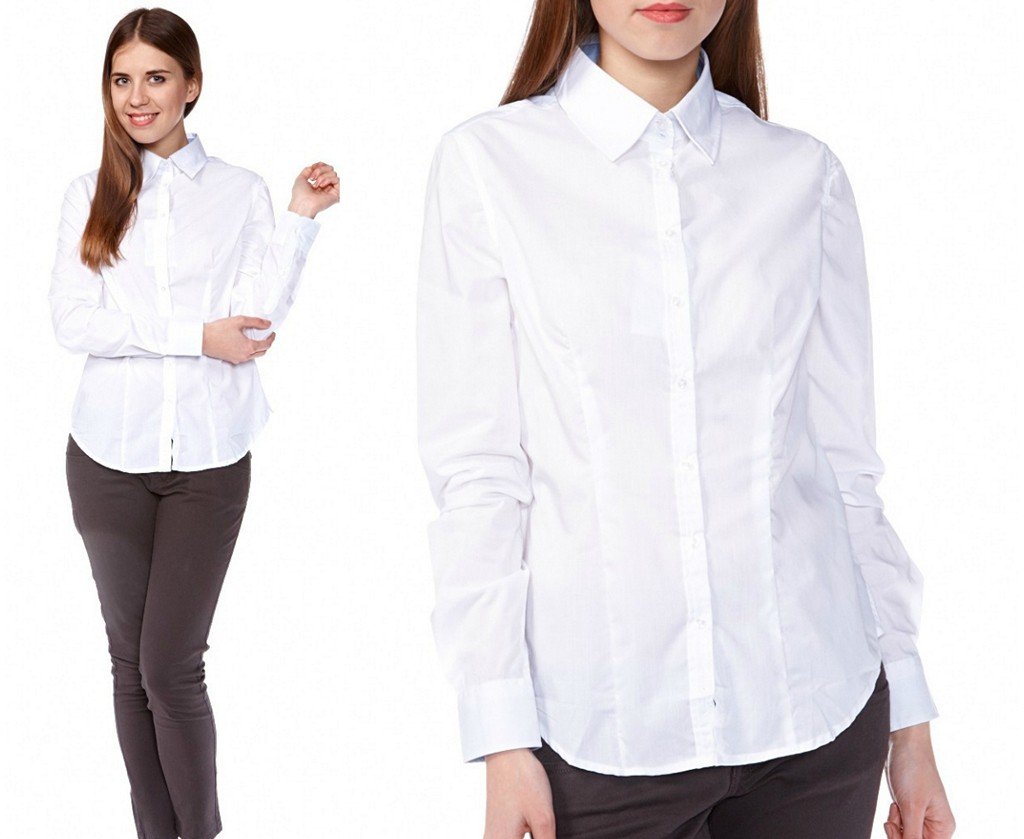
Let's take a closer look at how and how to whiten a white shirt.
Is it possible to whiten a white shirt yourself
Over time, any clothing begins to get dirty, especially sad when it is light or even white. What to do? Such things require special, careful care and careful wear, since even the smallest speck can ruin your favorite clothes.

Usually, stains from sweat, food, drinks, worn and grayed sleeves and a collar appear on a snow-white shirt. But throwing the thing away is definitely not worth it, try different folk and chemical remedies.
Special means
First of all, it is worth resorting to ready-made chemicals, since they are more active, and the likelihood of getting rid of contamination is higher. Let's consider the most effective and safest ones.
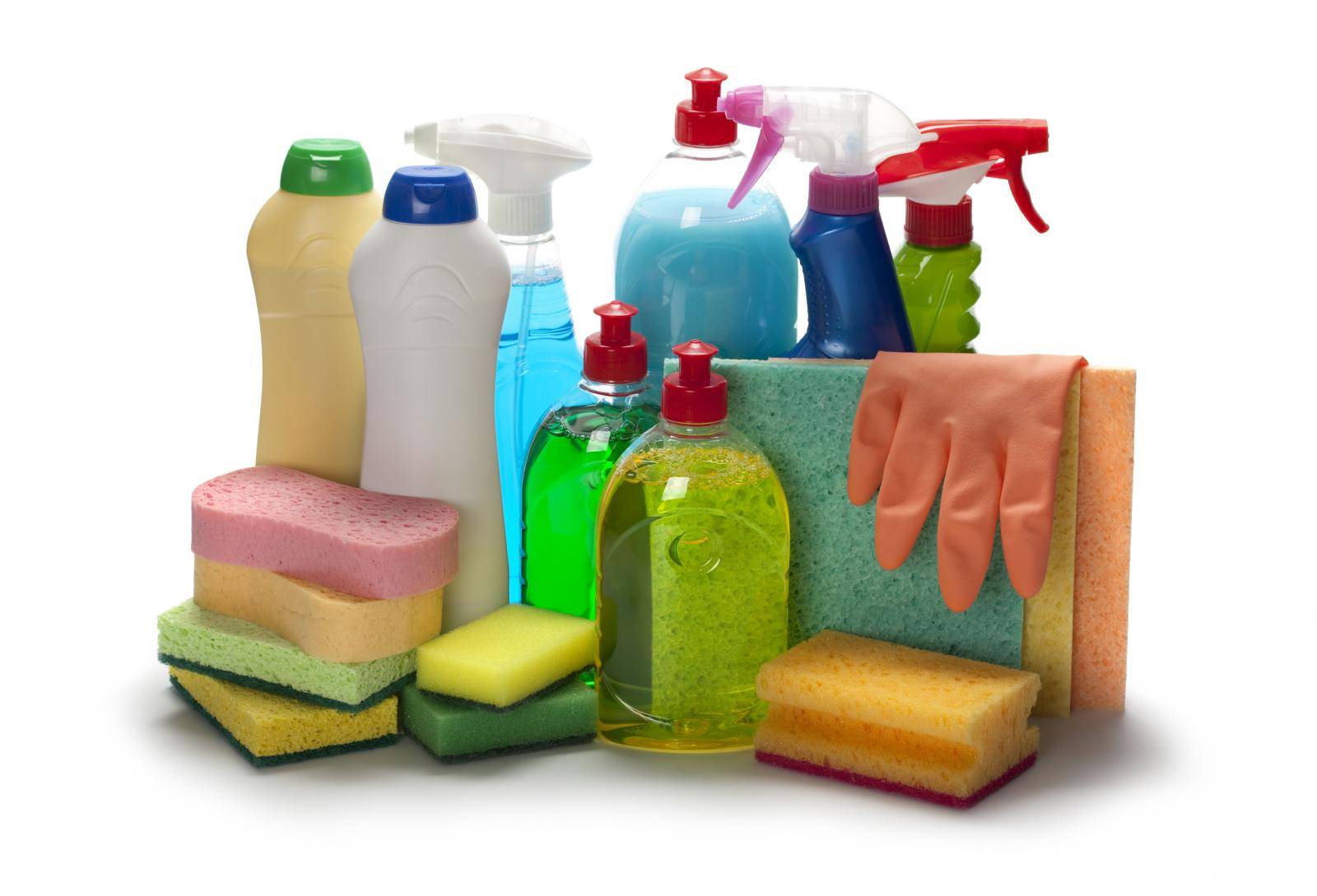
Chlorine products
Chlorine quickly and efficiently removes any yellowing, so it can often be found in washing and bleaching products. For example, "Big wash", "Whiteness".

In order to bleach a shirt at home effectively and quickly with chlorine, you need:
- Add half a glass of the product for five liters of water, while its temperature should be from 50 to 80 degrees;
- Soak the thing;
- Leave for half an hour;
- Rinse with warm running water.
Note! Chlorine is a very active substance with an unpleasant odor. It is quite unhealthy and not suitable for all tissues. Do not use it to clean chiffon or silk clothes.

All procedures are best carried out with rubber gloves so as not to harm the skin of the hands. Rinse the product thoroughly so that it is not sticky. It is recommended to wash the jacket again using conditioner and regular powder to get rid of the unpleasant smell of chlorine.
Oxygen products
This is the best option. Most modern laundry detergents are oxygen-based. For example, BOS Maximum, Sarma Aktiv and Clean Home and others. The main feature is that such products are perfect for even the most delicate fabrics.
Terms of use:
- Dissolve 2 tablespoons of the product in water at a temperature of 45 degrees;
- Soak your clothes;
- Leave on for two hours;
- Rinse thoroughly with running water.
If the stain is very strong and difficult to remove, then it is worth increasing the water temperature to 90 degrees. But it must be borne in mind that such a high temperature is only suitable for cotton.If the stain is not severe, you can simply add the detergent to the washing machine during your regular wash.
Optical means
The essence of the action lies in the particles themselves. They act on the fabric and give a whiteness effect. The main disadvantage of optical aids is that they often cause allergies.

These means include Belofor, Heliofor. Terms of use:
- Pour a couple of spoons of the product into the conditioner socket;
- The water temperature should be about 50 degrees.
Do not use for whitening children's clothes, as an allergic reaction may occur.
Folk remedies
The reluctance to use ready-made chemicals is justified, since they are harmful to health and can cause allergies. Therefore, it is worth turning to folk remedies.
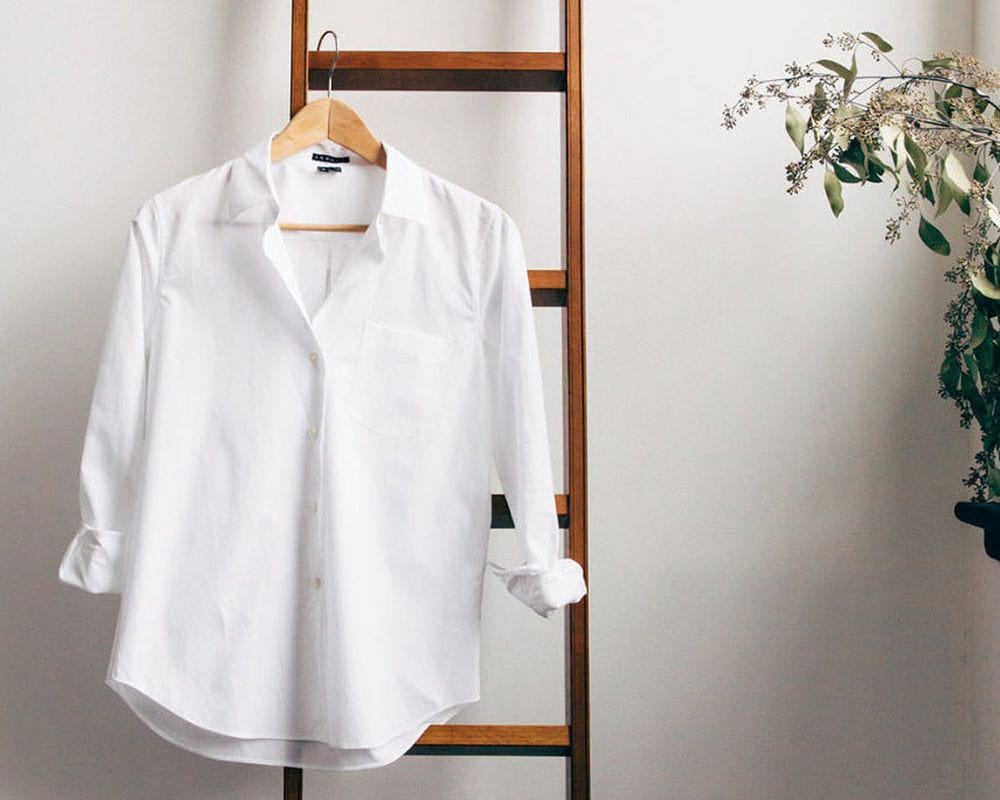
Although they are not as aggressive, they are still effective. Consider using them at home.
Salt
It is available in any home, so there will be no difficulties. To remove the stain, add three to four tablespoons of salt to six liters of warm water. It is better to choose a small one, as it dissolves faster.
Note! A few drops of hydrogen peroxide can be added to be more effective.
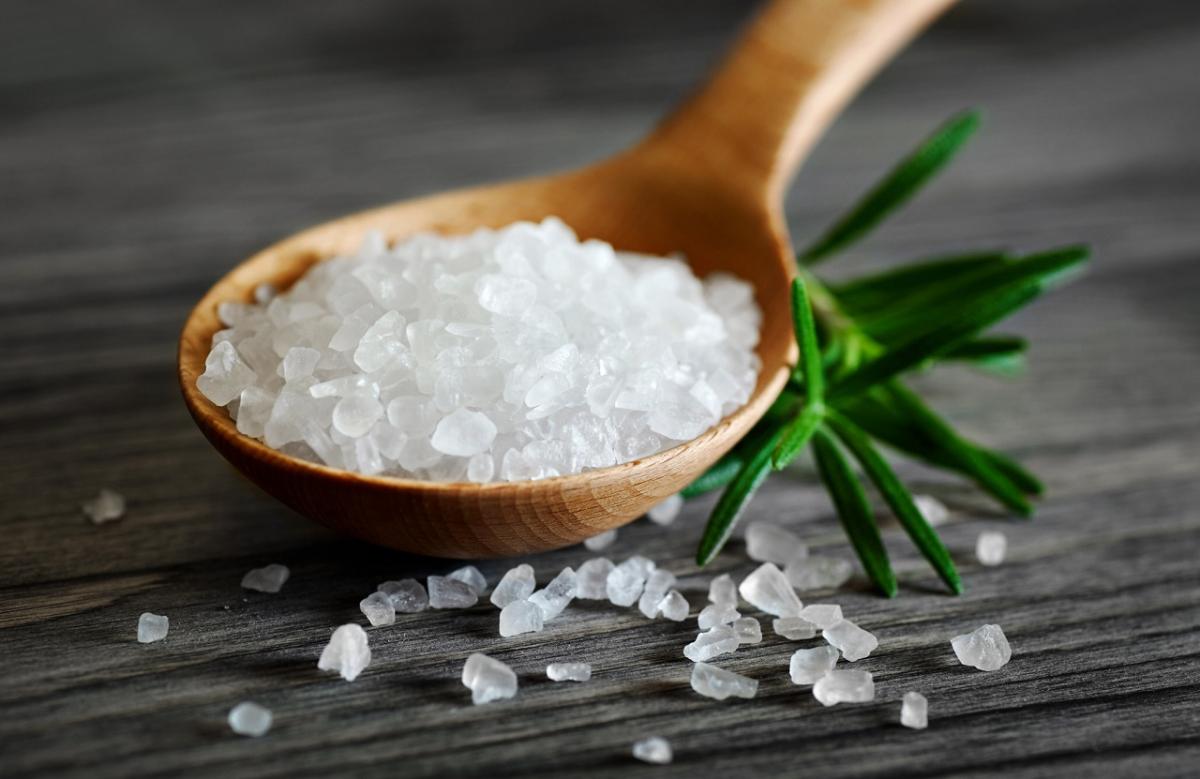
Leave the clothes on for half an hour. The garment must be turned over every five minutes so that the whitening is carried out evenly. Finally, rinse the shirt thoroughly with warm running water and dry as usual.
Alternatively, add half a glass of salt to the washing powder and put it in the washing machine. Wash in a suitable mode for the fabric.
Hydrogen peroxide
For bleaching, add one teaspoon of peroxide and the same amount of salt to two liters of water. Leave the shirt in the basin, after 20 minutes, rub the stain in the water. Rinse with running water, preferably lukewarm.
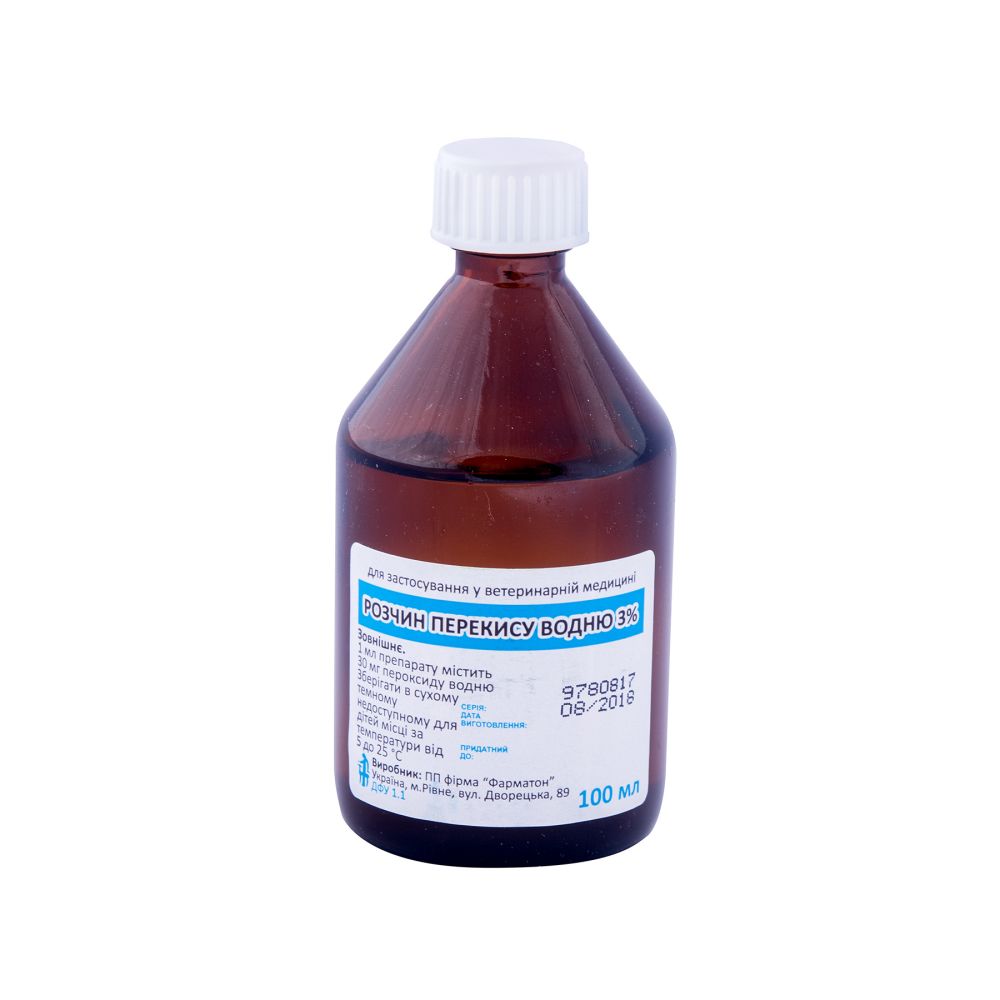
Manganese
Despite the fact that potassium permanganate has a bright pink color, the product perfectly cleans the fabric. The main thing is to make sure that all the crystals dissolve well in warm water.

Heat about two liters of water to a temperature of 80 degrees, add potassium permanganate and two tablespoons of powder, which is usually used for washing. Soak the item in the resulting solution and leave until the water has completely cooled. Then rinse the shirt thoroughly with running water.
Laundry soap
This product is used to clean furniture and carpets, but laundry soap also perfectly bleaches stains, including yellow ones.
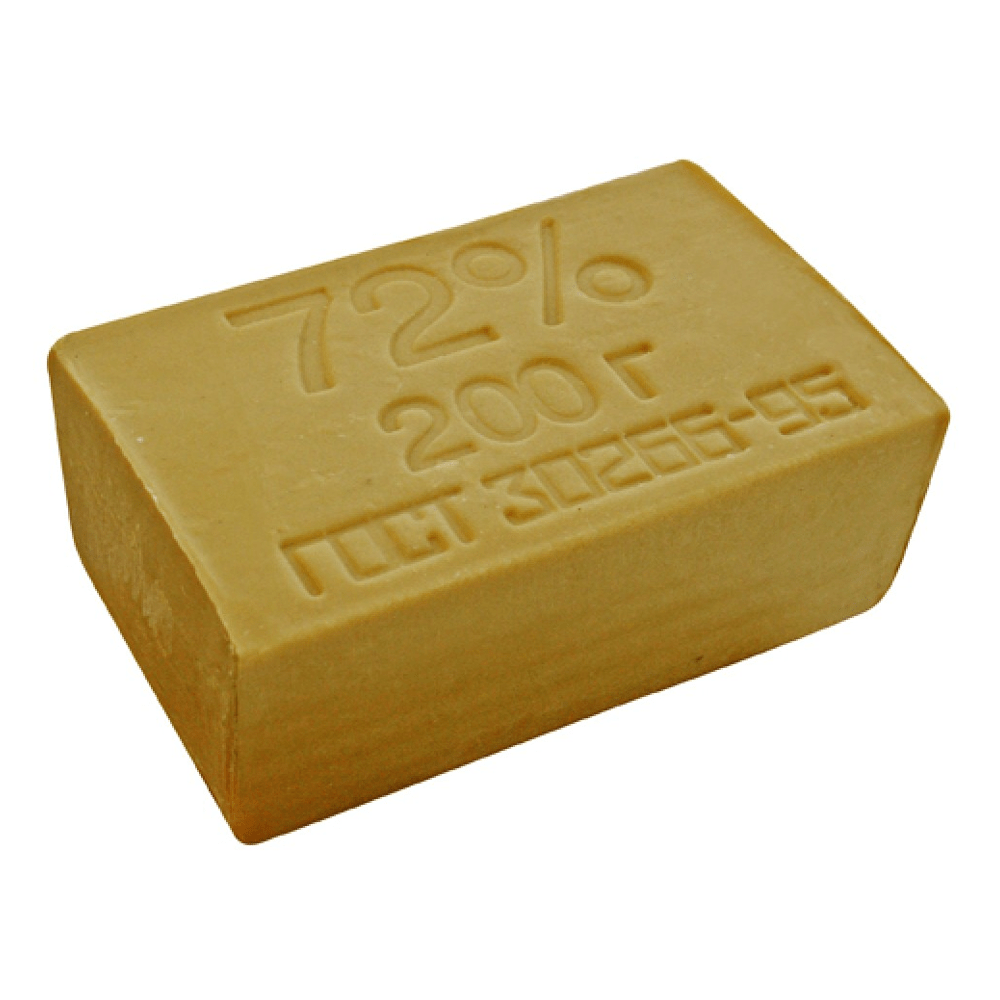
There are two fairly effective methods of use:
- Take a few bars of soap and dissolve in water. Add this mixture to a softener container or bowl of water. Wash as usual. This method is great for preventing the appearance of yellow and gray spots;
- Grate two bars of soap and add to a bowl of water. Leave it on for an hour to fully swell. Place the container on low heat to heat the resulting mass, stir. Now rinse your shirt with running water.
It is recommended to choose soaps without additives, as they can reduce the cleansing and whitening effect.
Boric acid
If the home medicine cabinet does not have this remedy, then it can be easily bought at any pharmacy. To whiten a blouse, add two tablespoons of acid to four liters of well warm water.

Soak the clothes and leave for two hours; if the stain is very strong, then extend the wait up to three hours. Rinse items thoroughly with warm running water. Re-wash clothing if necessary.
Soda
Like salt, baking soda can be found in any home, so its use is not difficult. For bleaching, add two tablespoons of baking soda to the detergent container.
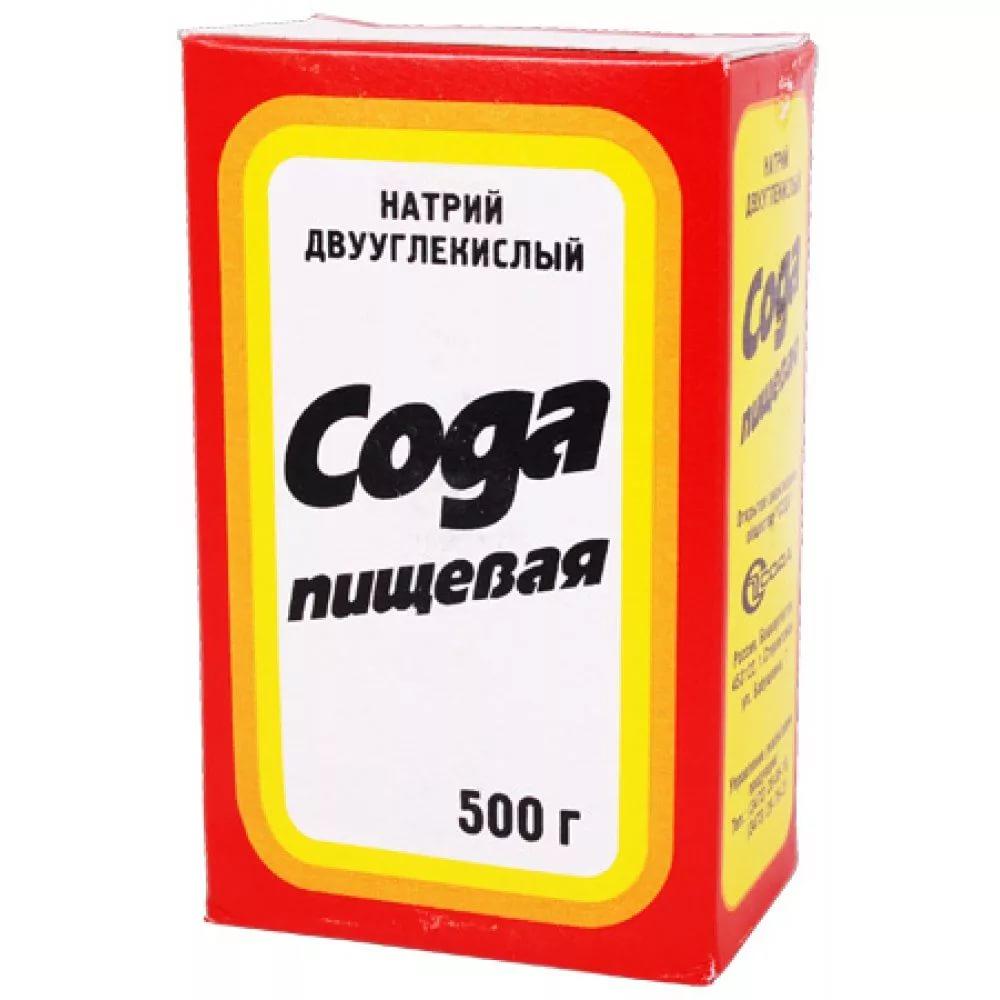
Soda not only effectively cleans clothes, but also protects the washing machine from scale and premature breakdowns.
Powdered milk
This is a non-standard way of cleaning clothes from various stains. It is best to take not ordinary milk, but dry milk, since its use is much more convenient. It won't remove stubborn stains, but it will protect you from fresh, light stains.
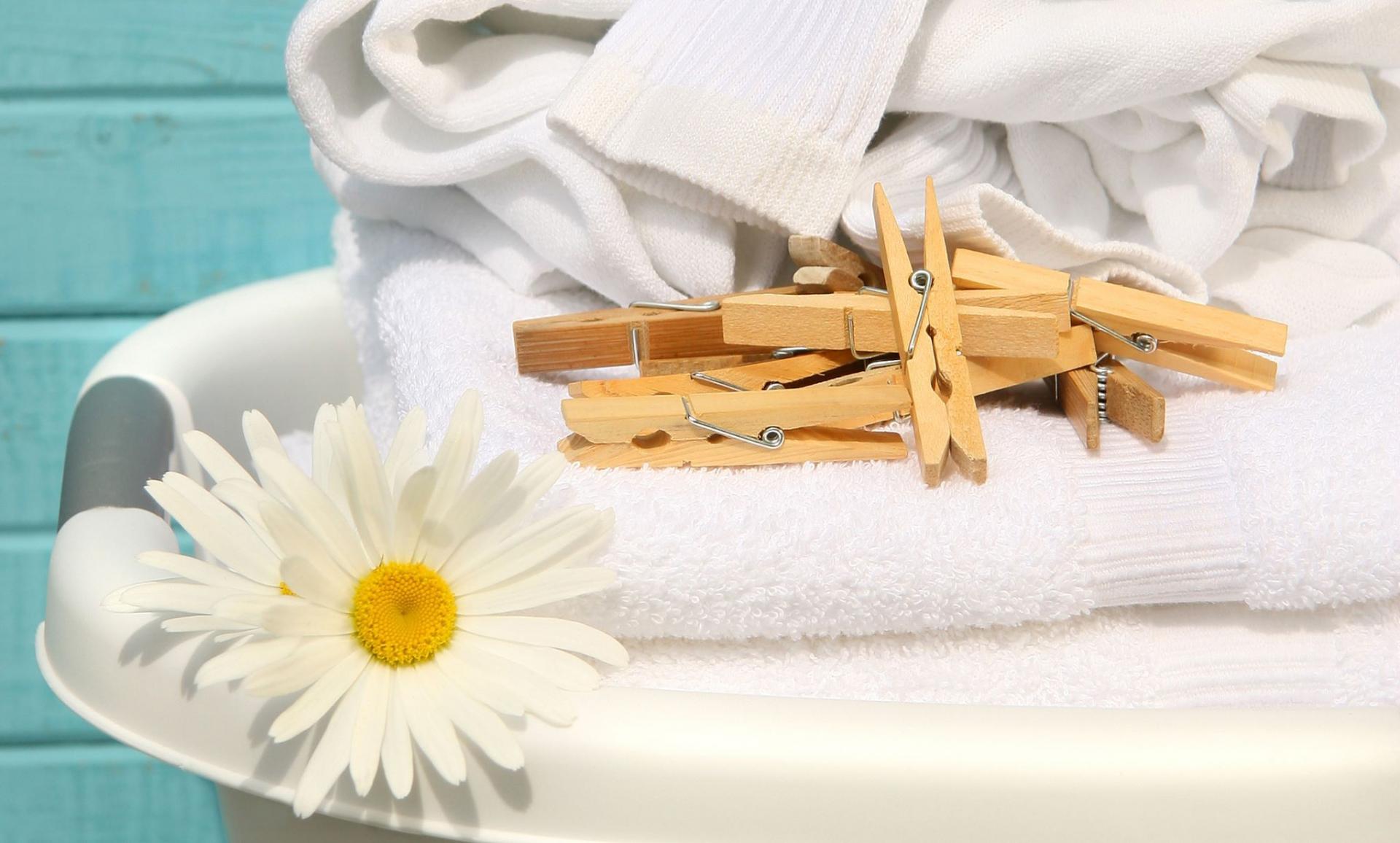
Terms of use:
- Dissolve 250 g of milk powder in two liters of warm water;
- Stir well to avoid lumps;
- Soak your shirt;
- Leave it on for about an hour.
Rinse the product thoroughly under running water. Powdered milk not only removes stains, but also restores the brightness and softness of the fabric.
Ammonia
This tool is used not only for medical purposes, but also for cleaning various surfaces. It should be borne in mind that ammonia has a pungent unpleasant odor, therefore, after bleaching, it is imperative to wash the thing with washing powder.
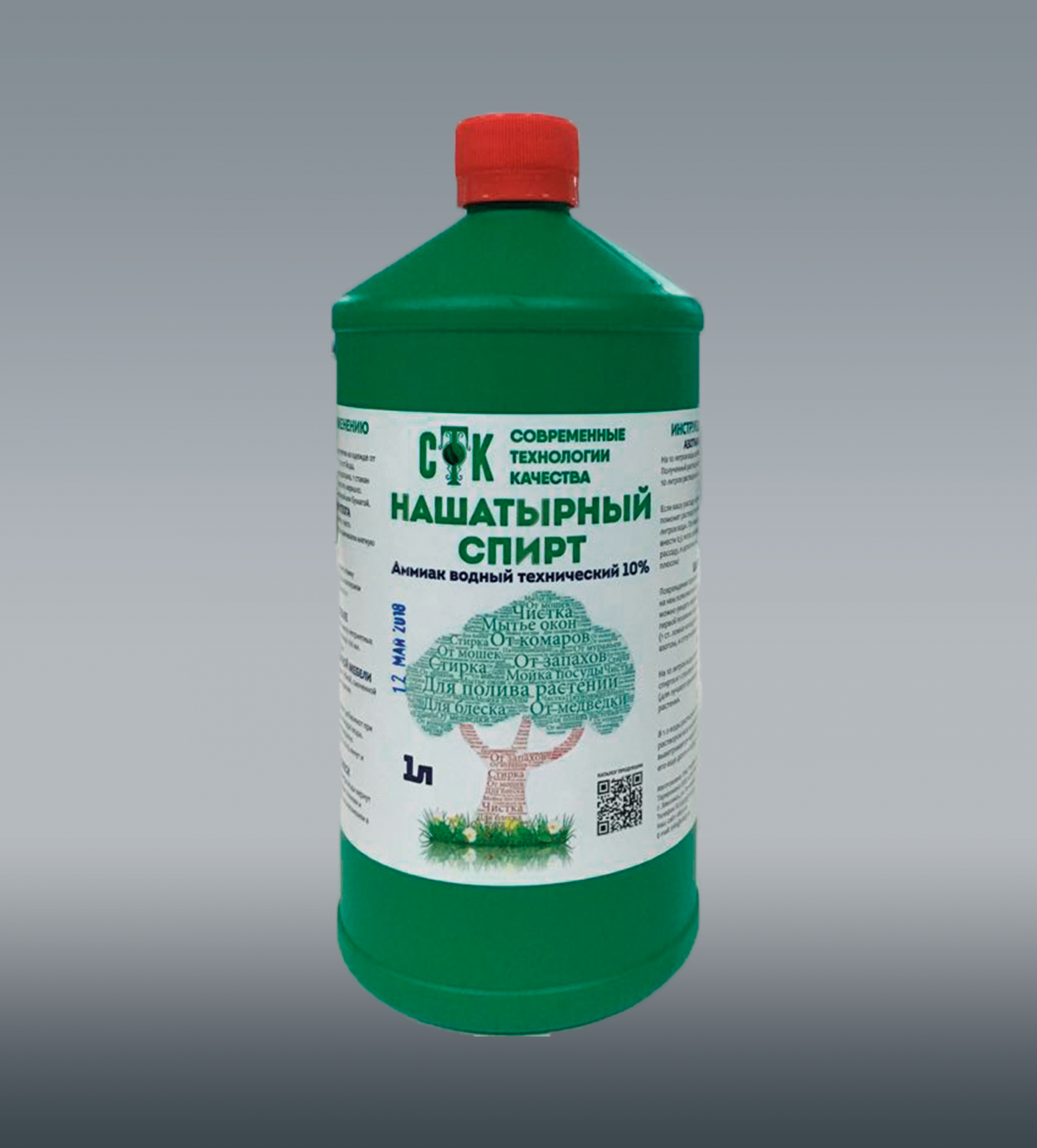
Before starting the procedure, put on a mask or gauze bandage to protect against alcohol fumes. Add ammonia to a bowl of water so that there are 15 drops of the substance per liter of water. Soak the item for two hours and then rinse thoroughly.
Vinegar
Make a solution: a quarter cup of vinegar to one liter of water. Soak your shirt for a couple of hours. Then rinse it with running water and re-soak it in a bowl of soapy water. Rinse again.
Turpentine
To bleach a shirt, add two tablespoons of turpentine to three liters of warm water. Leave the item for 10 hours. The substance has an unpleasant odor, so rinse thoroughly and wash with powder.

Lemon acid
It is best to take the juice of freshly squeezed lemon, if not, then you can also crystallized acid. To whiten a shirt, add two tablespoons of acid to four liters of warm water. Soak the clothes and leave for two hours; if the stain is very strong, then extend the wait up to three hours.
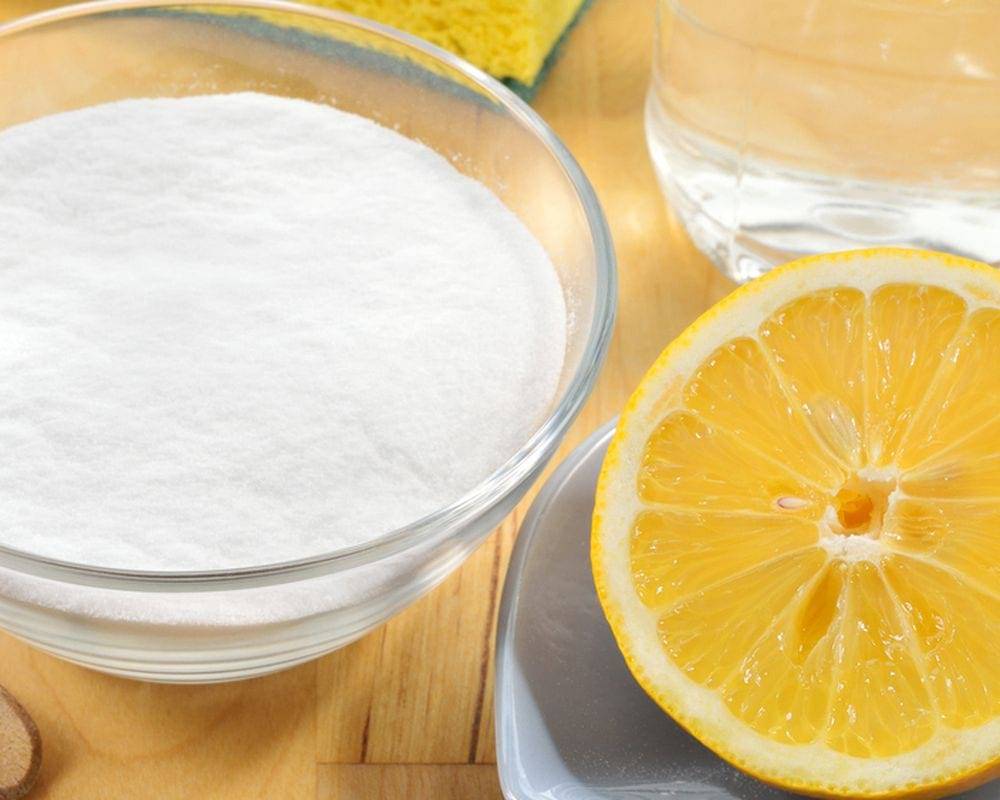
Rinse items thoroughly with warm running water. Re-wash clothing if necessary.
Is boiling effective?
This is a very old method, the effectiveness of which has been proven for a long time. Obviously, high temperatures kill most bacteria and harmful microorganisms. It removes many stains and dirt.
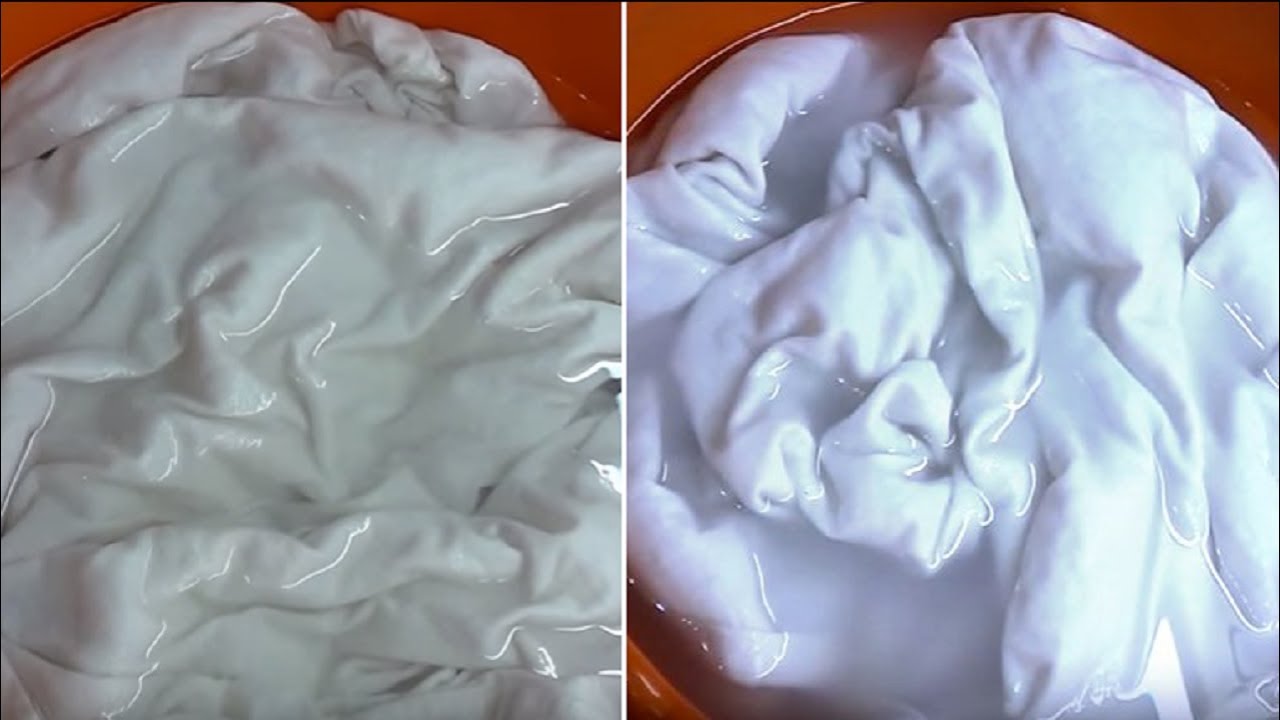
To clean the shirt by boiling:
- Turn the shirt inside out;
- Rub the stain with soap, preferably household soap, and leave for half an hour;
- Pour about three liters of water into a metal container. Put on the strongest fire;
- Put clothes and some soap or washing powder in the water, but only without chlorine;
- Reduce heat and simmer the shirt for about half an hour, stirring regularly.
After that, you need to leave the mass to cool, then rinse thoroughly with running water. If the stain is too strong, extend the boil time to one hour.
Note! This method is only suitable for cotton, as other fabrics may not withstand heat treatment.
How to deal with tough stains
Very often you can find stains that are washed off with ordinary folk remedies and chemicals. These are all kinds of dirt, yellowness caused by sweat, wine, chocolate, greasy food, pen or lipstick.
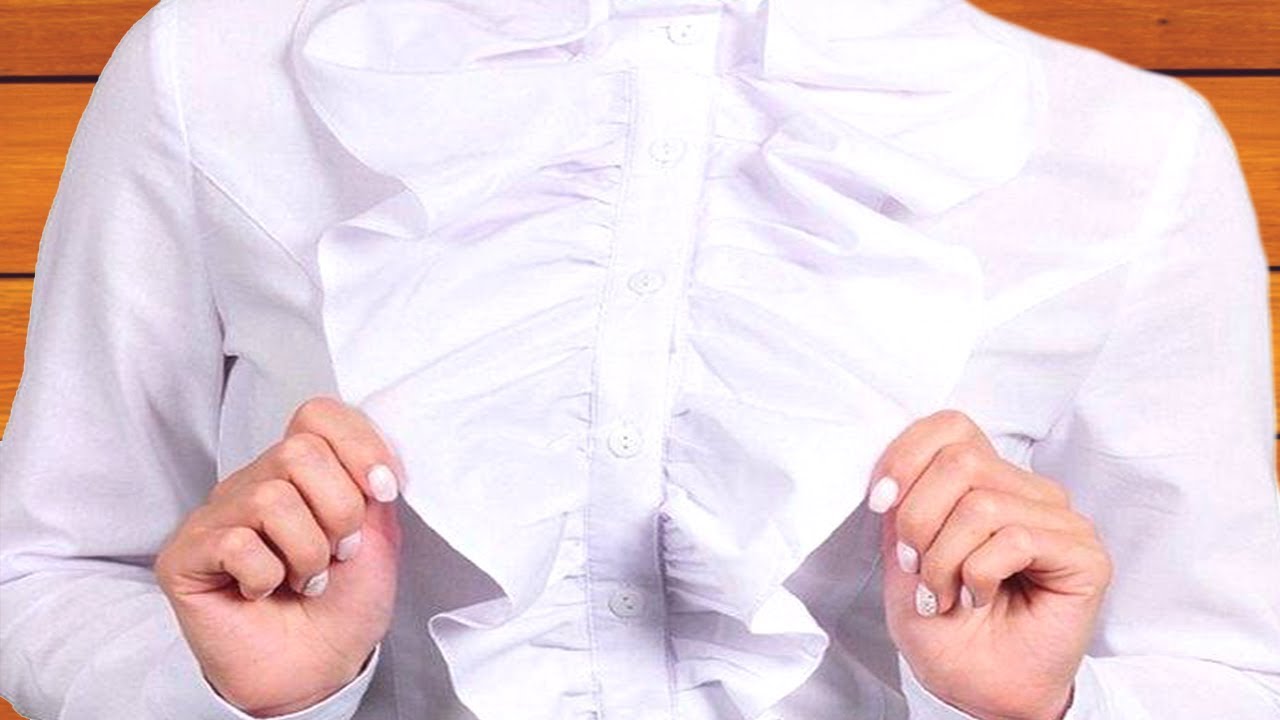
Let's take a look at the most effective ways to get rid of tough stains:
- Red wine. A solution of salt and ammonia in a 2: 1 ratio. To get rid of the old stain, it is worth heating the mass to 90 degrees;
- Chocolate. To do this, you need flour and washing gel;
- A pen or felt-tip pen can be washed with vodka or other alcohol;
- Fat. A solution of turpentine with ammonia in a 1: 2 ratio.
If these funds have not been successful, then you should turn to the help of professional dry cleaners.
Whitening by fabric type
When choosing one or another cleaning method, you need to rely on the type of fabric, since a lot depends on this criterion. Let's take a closer look.
Cotton fabrics
It is the most resistant type of fabric, it can withstand both heat and active chemicals. The boiling method is perfect for cleansing. But you need to be careful, as sometimes other fabrics are added to cotton that may not withstand such cleaning. It perfectly cleans cotton fabrics with ordinary laundry soap.

Linen products
This is also a natural fabric that is durable and soft. It is best to use vinegar and ammonia. To get rid of the gray tint, use salt with every wash.
Bleaching silk shirt
Silk is a very delicate material that deteriorates at high temperatures. Therefore, the temperature of the water must be taken into account when removing stains. It is best to use ammonia, hydrogen peroxide, or salt.
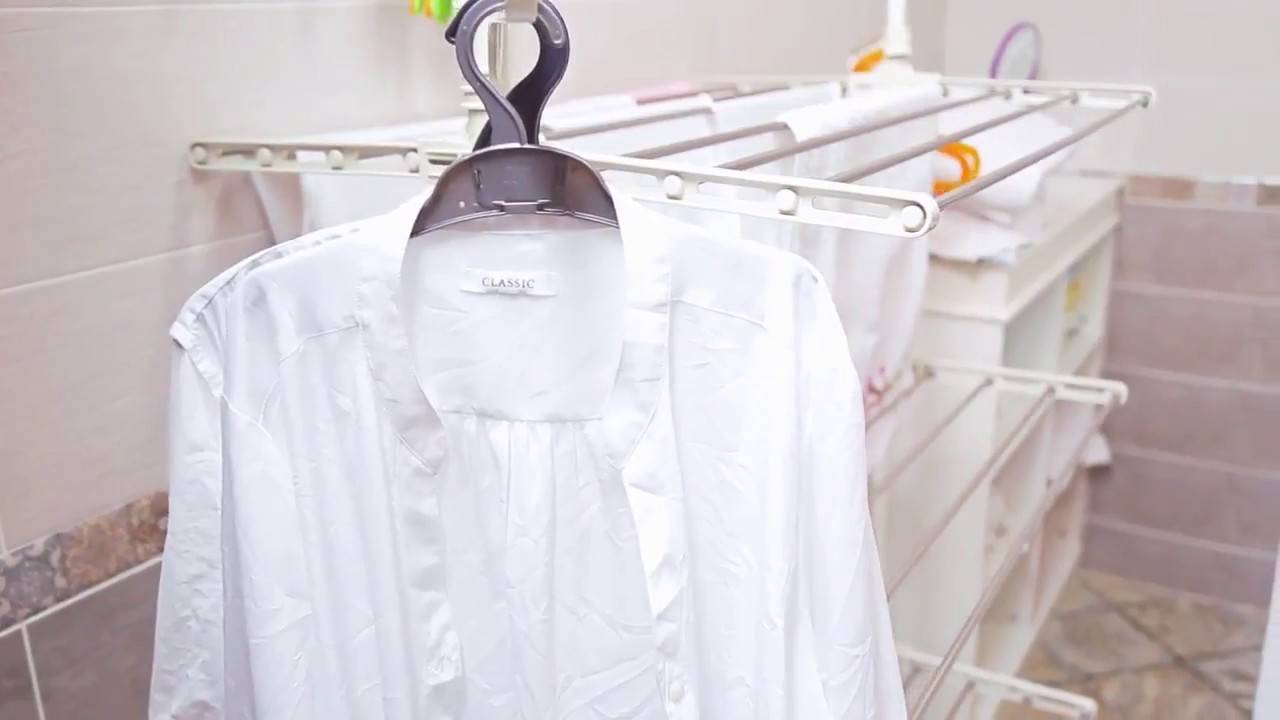
It is recommended that you use a special fabric softener for silk garments with every wash to maintain shine and smoothness.
Lightening synthetics
Synthetic fibers cannot withstand high temperatures and chlorine. When choosing a chemical agent, it is imperative to pay attention to the composition; it is better to give preference to oxygen agents. Among the traditional methods, salt, laundry soap and aspirin are effective.
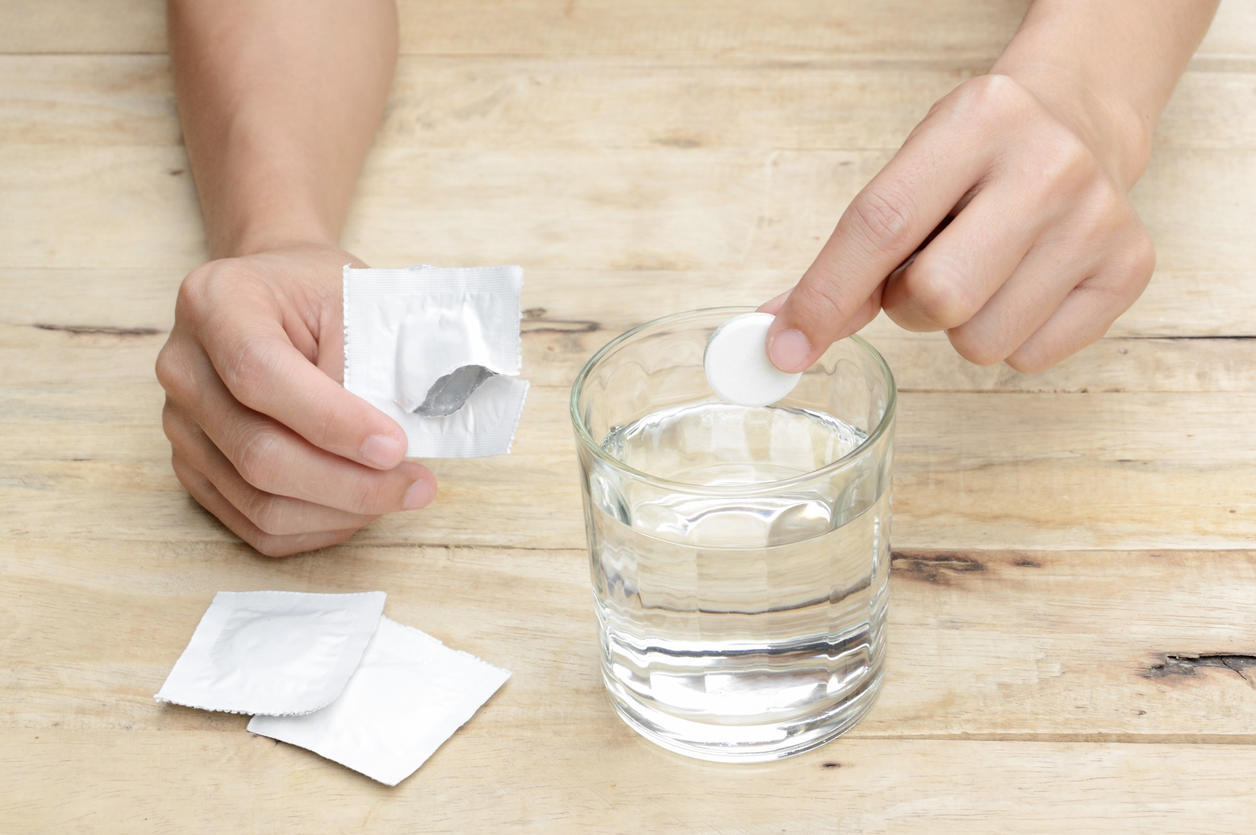
Rules for the care of white things
In order for a white thing to remain perfectly light for a long time, without stains and grayness, you need to adhere to some rules when using and washing a shirt.
- Do not wash white and colored items together, as the garment may be dyed in a different color;
- Do not wear the same shirt more than three times in a row;
- Use bleach only when necessary; using it too often can only make the situation worse;
- It is recommended to give preference to oxygen-containing bleaches, as they are more effective and safe for humans;
- Use folk remedies carefully, as they can ruin the thing;
- Use only fresh products;
- Dry your clothes naturally. The iron may stain;
- Store white items separately from colored items.
These simple rules will keep your shirt fresh and whiteness for a long time.

How to wash a white shirt at home? The answer to the question depends on the type of fabric and the type of contamination. It is necessary to study the instructions on the tag so that there are no mistakes during washing.
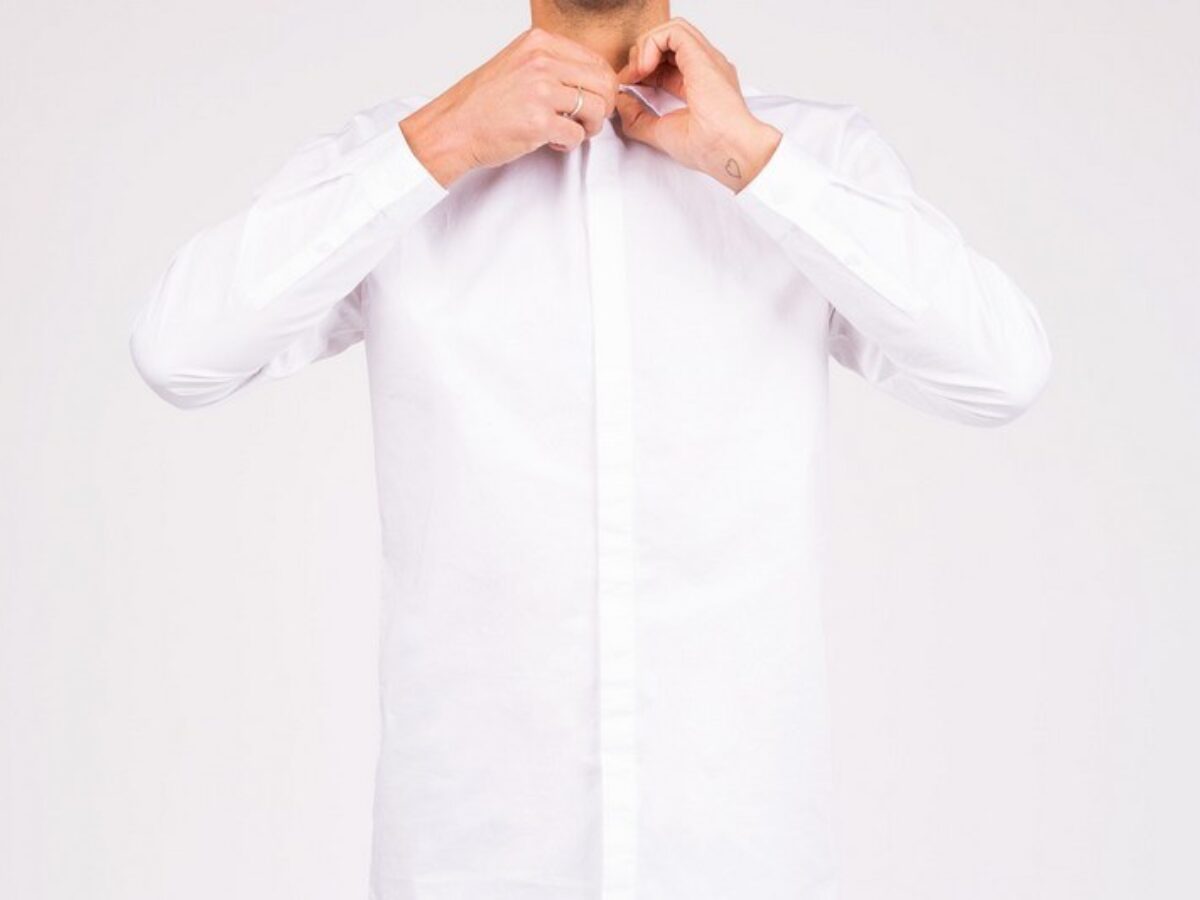
You can remove pollution with the help of folk and chemical agents.
Video: how to whiten a shirt with high quality
